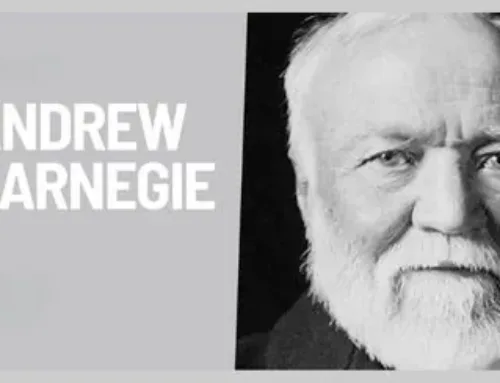
To understand the impact of unethical conduct within the Capital Market and its ripple effects on the industry, one can look at the life and legacy of Allen Stanford. Robert Allen Stanford, once the chairman of the now-defunct Stanford International Bank (SIB), is infamously known for his financial fraud, the second largest in history, surpassed only by Bernie Madoff’s scheme.
Stanford’s journey began as an insurance salesman and bookkeeper. He eventually became a successful investment manager, attracting billions of dollars in assets from both private investors and prominent figures. In 1991, he founded Stanford Financial Group in Antigua, laying the foundation of his financial empire and becoming the island’s largest employer. The group boasted clients from 140 countries with $50 billion in Assets Under Management.
By 2008, Stanford was one of America’s wealthiest individuals, with an estimated net worth of $2.2 billion, living a lifestyle marked by extravagance, power, and privilege. However, his downfall was imminent, rooted in a massive Ponzi scheme. He fraudulently sold $7 billion in Certificates of Deposit (CDs) from his offshore Bank in Antigua as part of an international Ponzi scheme.
SIB’s annual reports and marketing brochures claimed that the Bank invested CD proceeds in highly conservative, marketable securities that were highly liquid. The Bank also asserted that its assets were globally diversified and managed by top-tier financial institutions, with additional oversight by SIB analysts in Memphis, Tennessee. However, this investment strategy was applied to only about 10-15 percent of the Bank’s assets. In reality, Stanford diverted billions in depositor funds into various companies he personally owned, in the form of undisclosed “loans.”
In early February 2009, reports emerged that the SEC, FBI, Florida Office of Financial Regulation, and Financial Industry Regulatory Authority were investigating Stanford Financial Group. They questioned the consistently higher-than-market returns that Stanford International Bank claimed to make for its depositors.
Trial evidence revealed that Stanford maintained his fraud by paying bribes from a Swiss slush fund at Societe Generale to C.A.S. Hewlett, SIB’s auditor, and Leroy King, then-head of the Antiguan Financial Services Regulatory Commission. On March 6, 2012, Stanford was convicted on all charges except wire fraud and sentenced to 110 years in prison for orchestrating a 20-year investment fraud scheme.
Allen Stanford’s fraudulent activities left a trail of devastation, with investors claiming $24 billion in damages from the Government of Antigua. The fallout extended beyond Stanford’s investors, severely impacting Antigua’s economy. This case exemplifies how unethical conduct within the capital market can have far-reaching and catastrophic consequences.








Leave A Comment